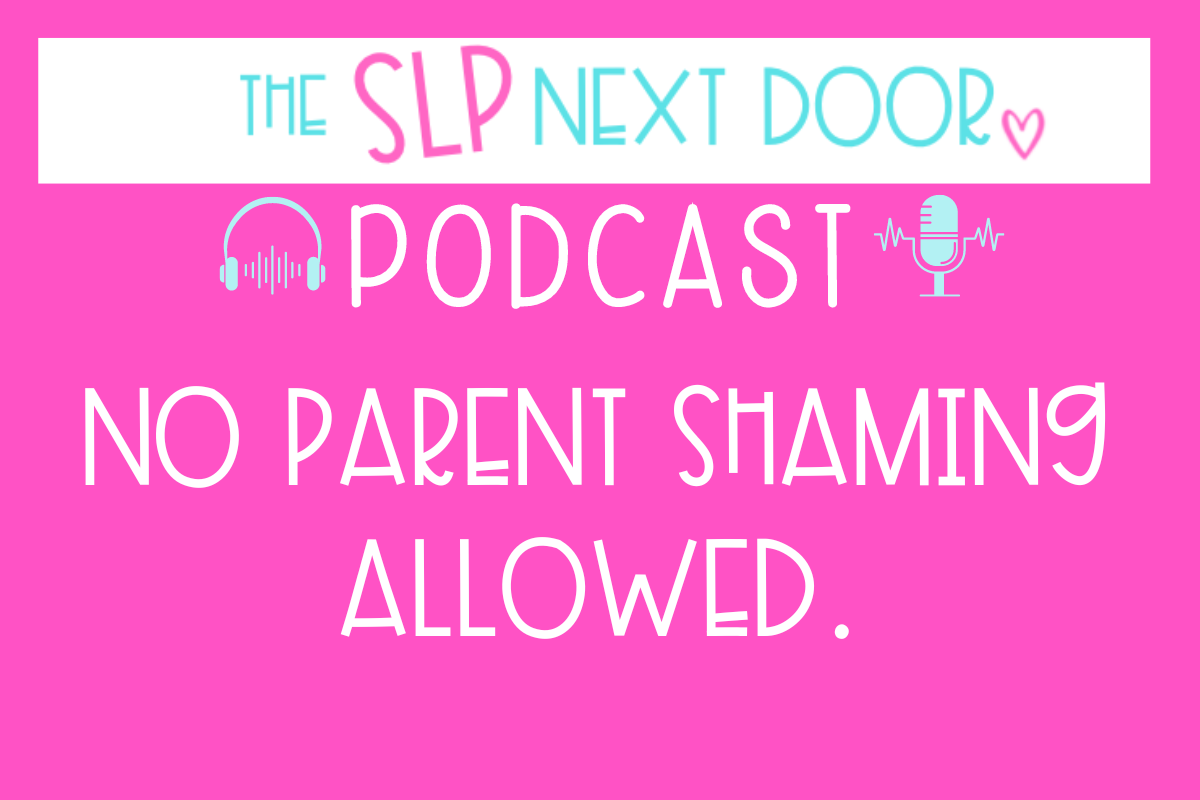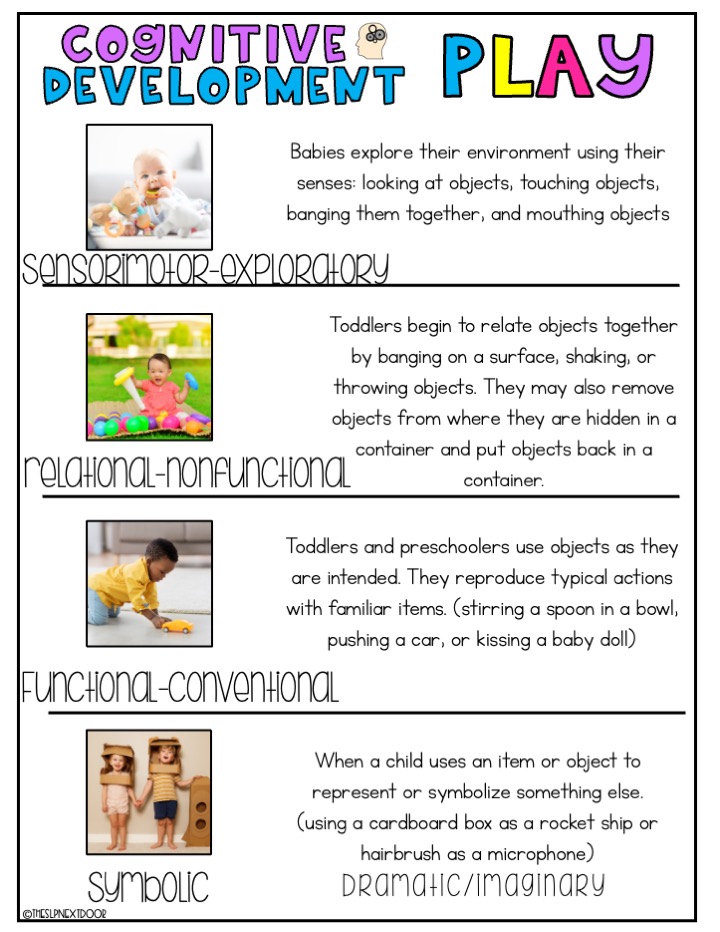How Does Play Impact Cognitive Development The Slp Next Door

The Slp Next Door Podcast The Slp Next Door These are the top researchers (along with parten) cited when understanding how play impacts cognitive development in early childhood. vygotsky’s research says children are born with basic cognitive functions and build grow their cognitive abilities through social interactions and adult experiences. Engaging in role play significantly boosts a child's cognitive development by encouraging imaginative thinking and creativity. this form of play allows children to step into different perspectives, enhancing their ability to empathize and understand complex social dynamics.

Social Play Development Parallel Play The Slp Next Door In 2024 Having a solid understanding of children’s play development helps us be good play partners and it’s also a helpful clinical skill for language therapy. for this review, we've taken a look at past and current research on play and compiled a primer on what you need to know. This week we are continuing our discussion about play development! in this episode, we are looking at play from the early childhood cognitive development perspective. Children learn about their world through play. it facilitates their cognitive, emotional, physical, and social development. as young children develop, they begin understanding, learning how to communicate, and socializing within the context of play. The benefits of play extend beyond cognitive and emotional development; they also have a profound impact on creativity. play fosters divergent thinking, the ability to generate multiple solutions to a problem, a key component of creative thinking.

How Does Play Impact Cognitive Development The Slp Next Door Children learn about their world through play. it facilitates their cognitive, emotional, physical, and social development. as young children develop, they begin understanding, learning how to communicate, and socializing within the context of play. The benefits of play extend beyond cognitive and emotional development; they also have a profound impact on creativity. play fosters divergent thinking, the ability to generate multiple solutions to a problem, a key component of creative thinking. This week we are continuing our discussion about play development! in this episode, we are looking at play from the early childhood cognitive development perspective. Understanding the different stages of play is vital when using a play based approach in therapy sessions. remember, with this age group, progress shows up in the minor details. Play is essential for a child's cognitive development. through play, children explore their environment, solve problems, and develop essential thinking skills that shape their future learning abilities. play based learning fosters creativity, enhances memory, and strengthens critical thinking. In the fast paced world of childhood education, it’s essential to recognize the profound impact of play on cognitive development. by embracing play as a cornerstone of learning, we can cultivate curious, resilient, and adaptable individuals primed for success in an ever evolving world.
Comments are closed.